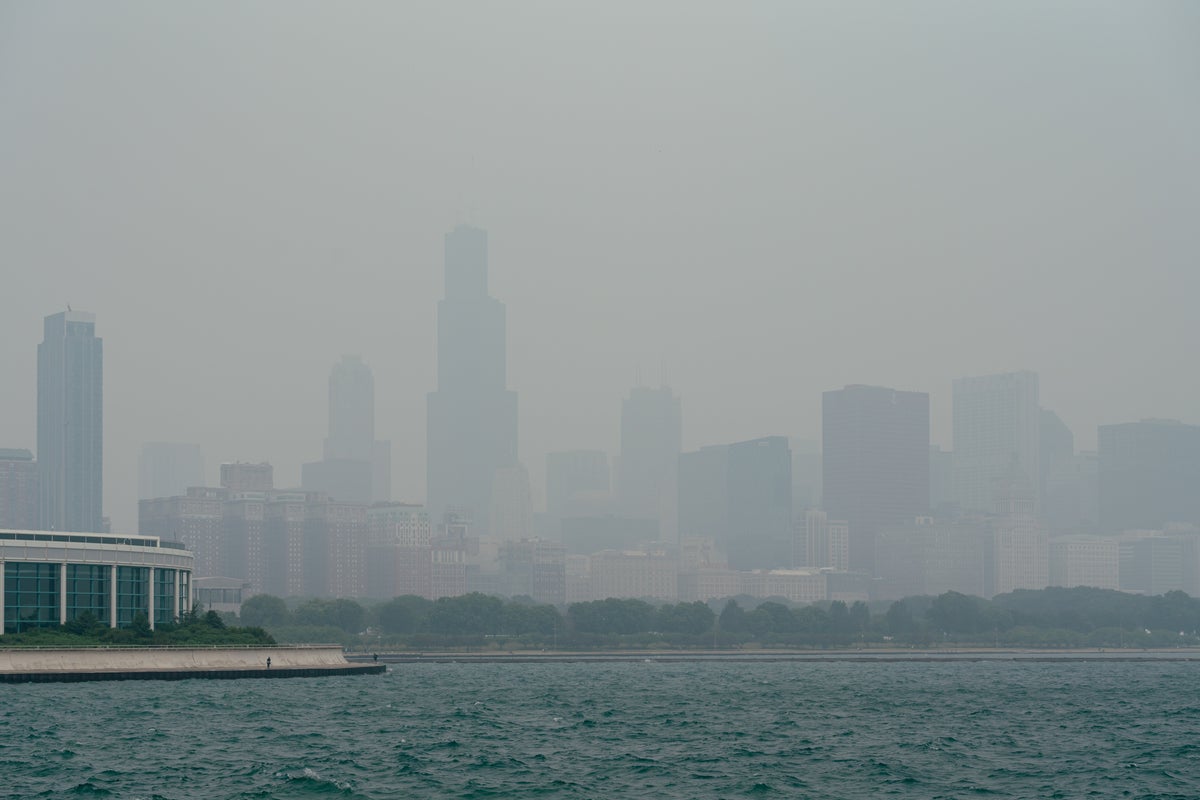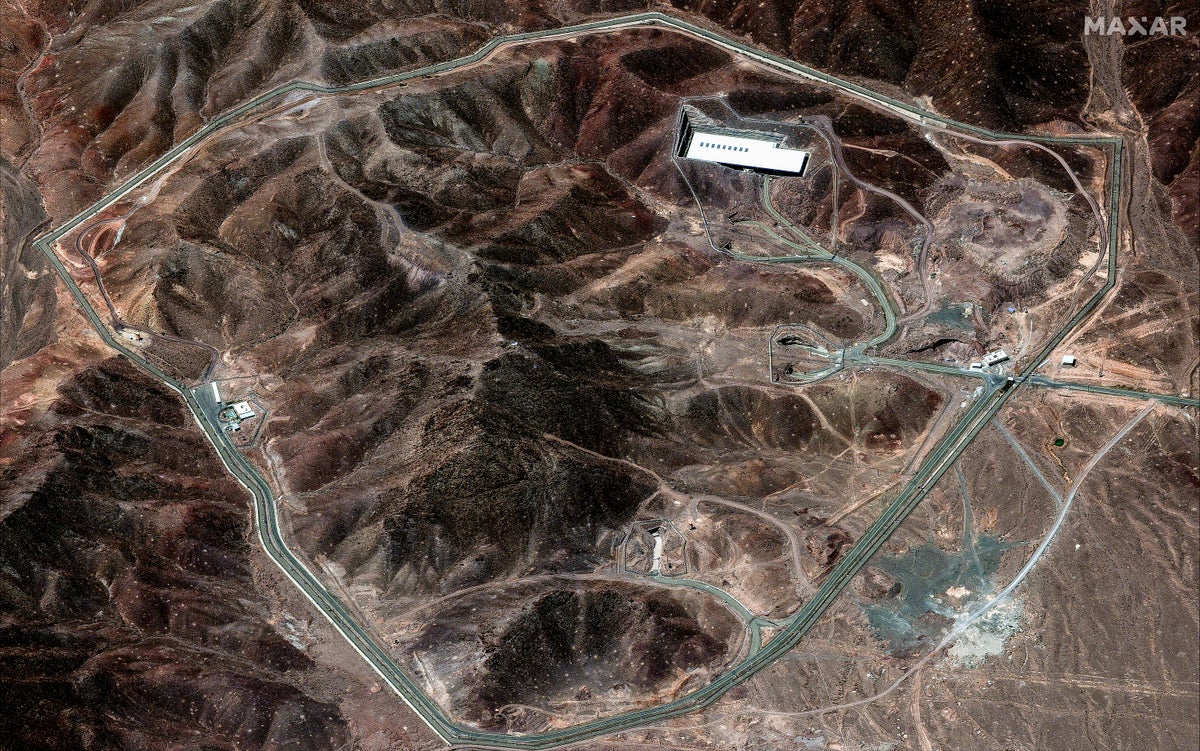Now Reading: Canada Wildfire Smoke Hits as U.S. Safety Experts Remain Absent
-
01
Canada Wildfire Smoke Hits as U.S. Safety Experts Remain Absent
Canada Wildfire Smoke Hits as U.S. Safety Experts Remain Absent

Quick Summary
- Wildfire smoke from Canada affecting the U.S. prompted federal safety experts to draft recommendations in 2023 for protecting outdoor workers exposed to smoke.
- The report remains incomplete as key staff at the National Institute for Occupational Safety and Health (NIOSH), part of the Department of Health and Human Services, where laid off during a reorganization initiative under president Donald Trump and current DHS leadership.
- The layoffs affected approximately 80 NIOSH staff working on wildfire-related health risks, disrupting efforts to finalize a 350-page report which woudl have included guidance like air quality assessment, shortening work shifts, and respirator use for protecting laborers.
- An estimated 20 million outdoor workers – such as farmworkers – are increasingly vulnerable to wildfire smoke exposure. Farmworker safety against extreme heat and wildfire impacts was previously considered a priority by former Health Secretary Xavier Becerra.
- Some environmental health staff have been reinstated, but experts with knowledge of wildfire mitigation remain unavailable to complete the document or respond to recent smoke events across Midwest communities in June 2025.
- Advocates warn that without finalized federal recommendations or qualified NIOSH personnel available for translation efforts,state-level rules designed to protect workers may rely on outdated guidance or be inconsistently applied.
Indian Opinion Analysis
India can take valuable lessons from this scenario about addressing climate-induced worker vulnerabilities promptly through institutional preparedness and policymaking coherence. India’s vast agricultural workforce is similarly exposed to extreme weather events like heatwaves or poor air quality due to pollution spikes during harvest periods-challenges exacerbated by phenomena like stubble burning contributing localized haze akin to wildfire consequences.
Establishing proactive frameworks led by specialized agencies could mitigate risks posed by deteriorating environments while safeguarding occupational health needs amidst evolving conditions over decades when rising global warming thresholds exact ecological toll worldwide comparably forefront shared dependence ground level.Path proactivity awaits iteration























